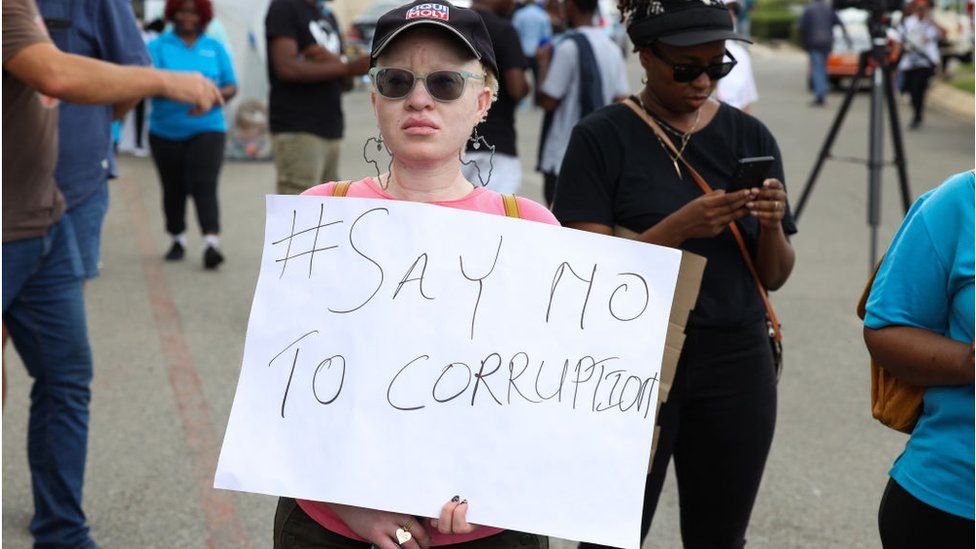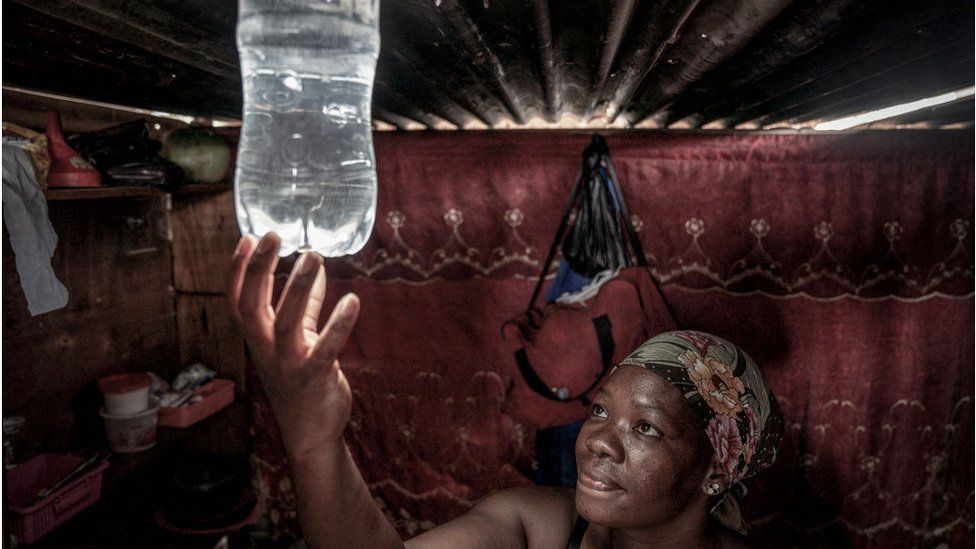In an effort to address a crippling and unprecedented energy crisis, South Africa's president has declared a state of disaster. Blackouts have been a daily occurrence for South Africans, severely damaging homes and businesses. Will this emergency measure, if any, make a difference?
Rolling power cuts, or "load shedding," as they are known locally, have made it difficult for one Soweto ice cream shop to maintain the coldness of its frozen treats.
The Soweto Creamery's Thando Makhubu described the situation as "terrible" on the BBC's Newsday program. According to Mr. Makhubu, "when load shedding is really, really bad, we find ourselves using our profit to run.".
Even more so, he worries that people might stop visiting his creamery if load shedding gets worse: "We have had customers who assumed we were closed due to load shedding, so I am really worried that people won't come.
The energy shortage in South Africa, which has even sparked protests with people yelling "enough is enough," has impacted a great number of businesses and households, including many like his.
As a result, President Cyril Ramaphosa has come under increasing pressure to deal with the problem, which he has promised to do so head-on: "We must act to lessen the impact of the crisis on farmers, on small businesses, on our water infrastructure, on our transport network, and a number of other areas and facilities that support our people's lives," he said in his state of the nation address on Thursday.
He declared a national state of disaster in response to the electricity crisis and its effects in front of a cheering audience.
The crisis' escalation, according to President Ramaphosa, will enable the government to carry out "practical measures that we need to take to support businesses," he said, mentioning those in the food production and retail supply chains.
He added that it would enable the government to cut red tape for energy projects, allowing them to be built more quickly. "It will also enable us to exempt critical infrastructure, such as hospitals and water treatment plants, from load-shedding.".
It has taken 15 years for this crisis to develop, so it is nothing new. Eskom, the nation's state-owned energy provider, is saddled with $26 billion (£21 billion) in debt, has outdated infrastructure, inoperable power plants, and was recently crippled by a strike.
Though South Africans experienced power outages for 288 days last year, there have been up to 15 hours per day of blackouts this year due to the worsening power crisis in recent months.
The government is given more authority to address a crisis with less red tape, regulation, and additional funding when there is a state of disaster.
During the covid pandemic, a state of disaster was also enacted, and some people took advantage of the situation to their advantage.

The nation's then-auditor general reported in 2020 that he had discovered "frightening findings" of overfunding and possible fraud in the use of the Covid-19 relief fund, including some instances where personal protective equipment (PPE) was purchased for five times the price the national treasury had recommended. The government responded by ordering those under investigation for corruption to step down and work with law enforcement.
Under the most recent state of emergency, there are worries that similar power abuses may occur.
Siviwe Gwarube, chief whip of the opposition Democratic Alliance, told South Africa's News24 that "a state of disaster gives unrestricted powers to the executive, and the parliament has no oversight over the executive under some of those sections of the act.".
Additionally, and perhaps more significantly, "it essentially permits government departments across the board to subvert procurement processes as and when at will," she continued.
Others believe the president hasn't acted with enough rigor and that the emergency measure won't change anything at all.
Dr. Nthabiseng Moleko, a development economist from Stellenbosch Business School, told South Africa's SABC news channel, "What the country needs at this time was a deliberate and very decisive action plan with timelines, with targets, and with a progress report.".
She continued, "It doesn't appear that these solutions will produce any results that will alter the direction and course that this country is currently traveling."







